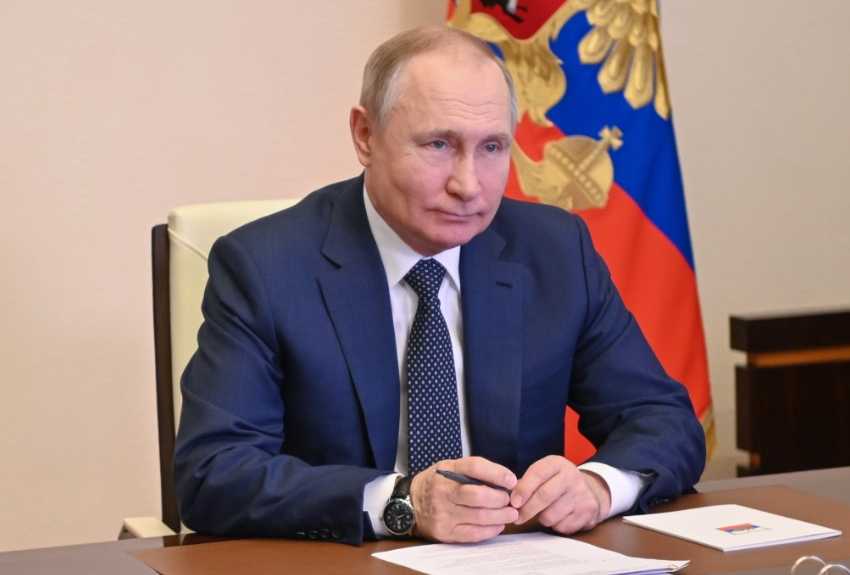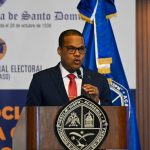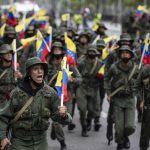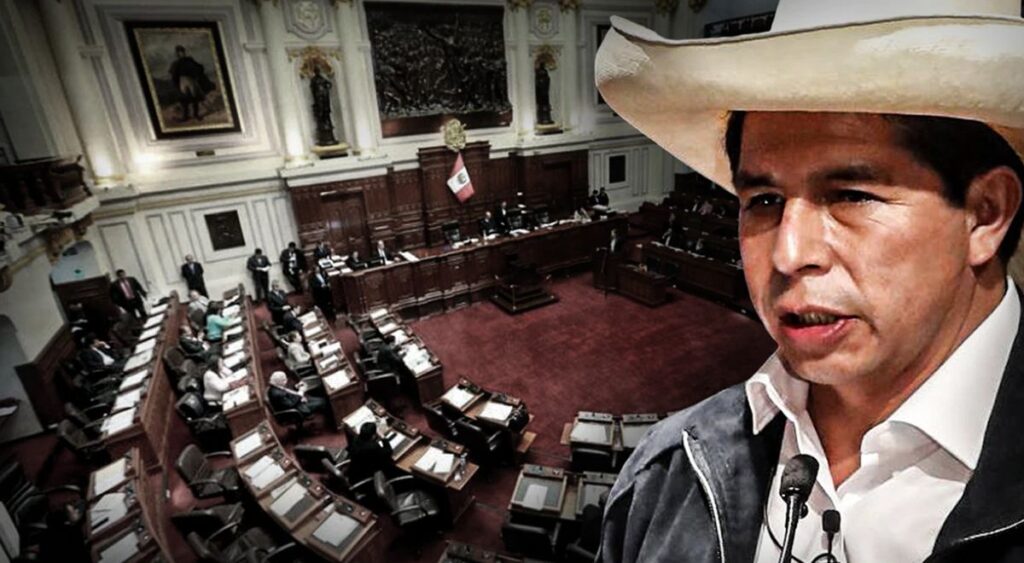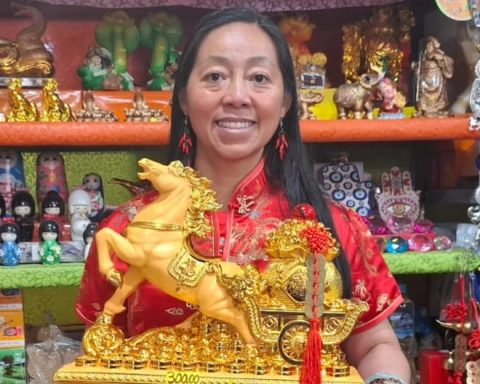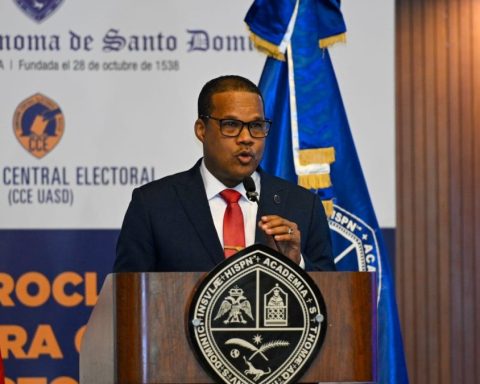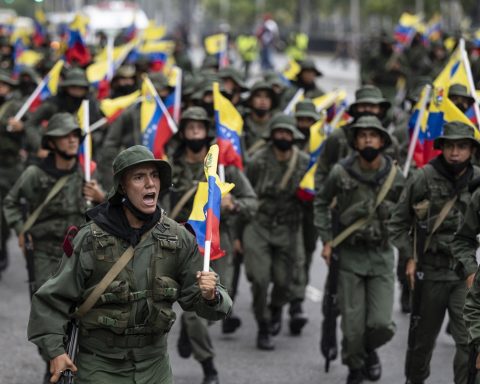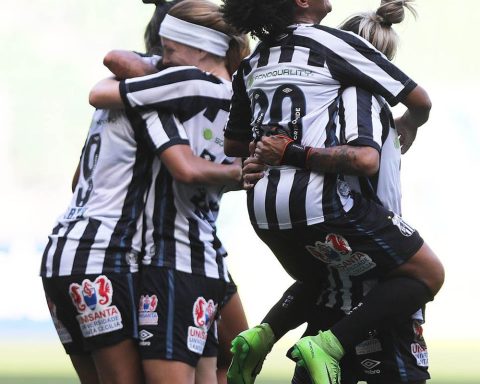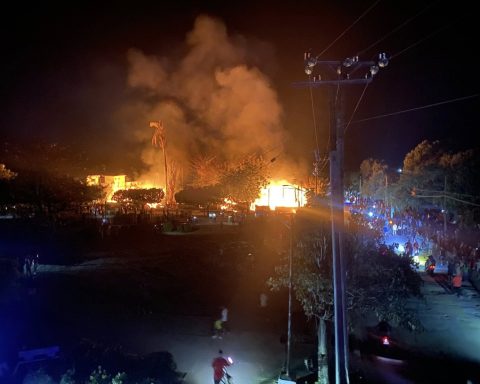Along with right-wing voters (44%), a portion of Chileans from the center and left distrust Boric, who at 36 years old will become the youngest president in Chilean history on Friday, after winning with 56% to far-right José Antonio Kast in a runoff in December.
“I see Gabriel Boric as a kid [niño]”, tells AFP Juan Pablo Moraga, a 42-year-old IT entrepreneur, a “centrist liberal” who did not vote disappointed in the face of two “extreme” options.
Moraga has no faith that Boric will “recover stability and return economic security” after the crisis due to the social uprising of October 2019 and the covid-19 pandemic.
“For services such as education, such as health, to be a privilege that reach us all as rights, you need a lot of money […]. For that you need stability, security, to negotiate, and I don’t see that happening in the next two or three governments”, affirms the skeptical director of the Lemonpot company.
– “Always reconcile” –
On the radical left, Pedro Valdebenito also dislikes Boric, a former student leader whose governing alliance includes the Communist Party.
This 30-year-old punk musician and activist regrets that Boric moderated his speech. “He represents social democracy, the old desire for a more moderate socialism within the institutional and liberal laws and that leads to neoliberalism,” he told AFP.
“The mistrust of Gabriel Boric is that he always reconciles with the right at times when people on the left believe that everything can collapse, such as the treaty of November 15” of 2019, he adds.
He alludes to the fact that a month after the social outbreak, Deputy Boric signed an agreement in Congress to convene a Constitutional Convention in order to appease the protests.
Valdebenito is also unhappy that Boric forged a political career after leading student protests a decade ago.
– Violent protesters –
In 2019, the protests exposed the social inequities in Chile and until now a small group keeps the fire of the social struggle alive.
There are about twenty protesters who gather every Friday afternoon in the Plaza Italia in Santiago, the scene of the massive rallies of 2019, where they commit acts of vandalism and confront the police.
The residents and merchants of the sector are desperate, as they show no signs of ending their violent protests, not even due to the arrival of a new government.
They are tight-lipped about their true objective and do not speak to the press, but Valdebenito believes that they despise Boric because they consider him “a counterrevolutionary entity.”
– Fear for the Constitution –
In addition, other Chileans are overwhelmed by uncertainty about the new Constitution, which must be completed by July 4 to be put to a referendum.
It will replace the Magna Carta imposed by dictator Augusto Pinochet in 1980, which enshrines economic liberalism. Once democracy was restored in 1990, the right-wing parties opposed changing it, stating that it gave “stability”.
“I have no doubt that they will act wisely in the best sense and thinking of the best for all Chileans,” said Boric about the Constitutional Convention, made up of 155 members elected by popular vote in May 2021.
Since leftists predominate in the Convention, the 37 right-wingers allege that they are relegated and that the new Constitution is not being drafted “by all Chileans.”
– “The yellow ones” –
Three weeks ago, a group of 76 personalities linked to the center-left Coalition that dominated Chilean politics after 1990, whose electoral flow evaporated in recent years for not making substantive changes to the model bequeathed by Pinochet, came out in his defense three weeks ago.
“The attempt by some radicalized factions of the Convention to ignore, and even erase, a significant political sector of the country is a huge political mistake,” said the group in a “Manifesto” published under the signature of ‘Yellows for Chile’.
“Yellow” alludes to workers or unions that defend the bosses and in certain countries is synonymous with pusillanimous. In Chile, for decades, the “reformists” who seek gradual changes in contrast to the “revolutionaries” have been branded as such.
“We do not want the deconstruction of Chile, nor its dismemberment, nor its refounding from scratch, but a new beginning that brings together the best that we have all built together,” says the manifesto signed by former ministers, former parliamentarians and academics, including Mariana Aylwin, daughter of the former president Patricio Aylwin (1990-1994).
